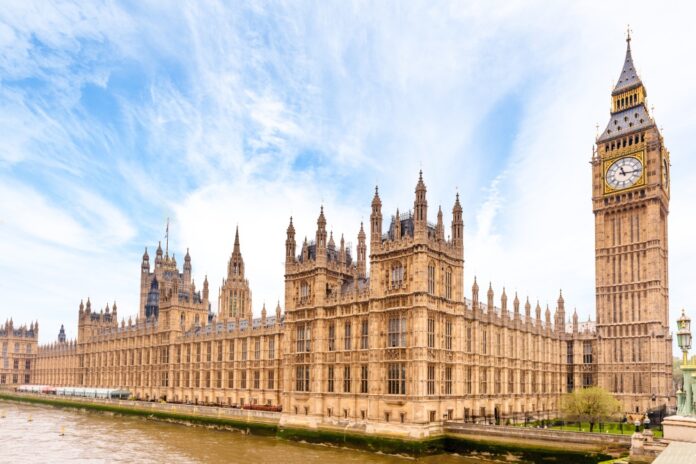Censors and censor abilities reviewed
UK media regulator Ofcom will soon have greater surveillance powers than spy agencies under the Online Safety Bill, according to a legal analysis by the Index on Censorship. The amended legislation being proposed today (Tuesday) gives Ofcom the authority to make technology companies clamp down on the content being published over networks. Nominally, this ban would be a crackdown on material judged as “child abuse” and “terrorism” but it puts unchecked powers of censorship into the hands of the regulator.
Some claim that, by forcing all communications to be scanned, such as end-to-end encrypted messaging platforms like WhatsApp, Signal, Telegram, and Facebook Messenger, the law is using a sledgehammer to crack a nut, and dispensing the license to snoop too freely. According to Reclaim The Net, the safety legislation has created a backdoor for authorities into the end-to-end encrypted messaging applications.
Human rights lawyer Matthew Ryder, in a legal opinion commissioned by Index on Censorship, said that the powers that Ofcom would be afforded by the bill allow “allow the state to compel [tech companies] to carry out surveillance of the content of communications on a generalised and widespread basis.”
The regulator would not need prior authorisation before making a demand to a tech company to scan messages. Worse still, there would be no independent oversight over how the regulator uses its powers. “We are unable to envisage circumstances where such a destructive step in the security of global online communications for billions of users could be justified,” said Ryder.
Ryder said it is doubtful if conversations between by journalists, whistleblowers and victims would be safe any more. Neither is it clear if Ofcom would make public the demands it issues or whether it would keep them secret. “The Online Safety Bill has privacy at the heart of its proposals,” said Tom Tugendhat, the Minister for Security, has told The Times. It “ensures we’re able to protect ourselves from online crimes including child sexual exploitation,” Tugendhat claimed, “It’s not a ban on any type of technology or service design.”
“Where a company fails to tackle child sexual abuse on its platforms, it is right that Ofcom as the independent regulator has the power, as a last resort, to require these companies to take action,” said Tugendhat, “strong encryption protects our privacy and our online economy but end-to-end encryption can be implemented in a way which is consistent with public safety. The Bill ensures that tech companies do not provide a safe space for the most dangerous predators online.”



